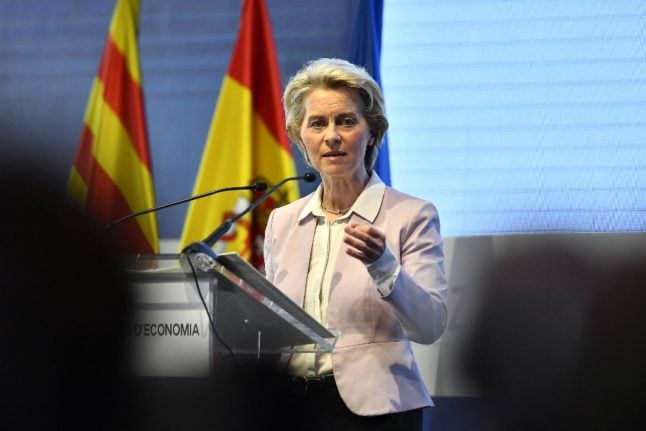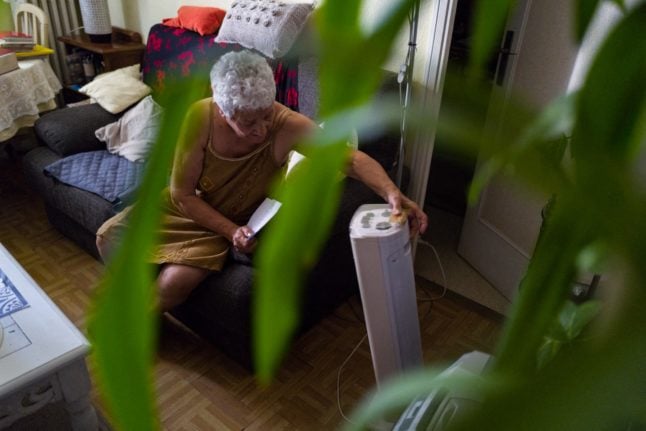“Now all of Europe agrees that we must cut our dependency on Russian fossil fuels,” Von der Leyen said during an appearance in Barcelona alongside Spanish Prime Minister Pedro Sanchez.
Last week, Russia cut off gas supplies to Poland and Bulgaria as the Kremlin reacted to tightening EU sanctions over the invasion of Ukraine.
“It is crucial for our climate goals and to end the Kremlin’s blackmail,” she added.
Von der Leyen pointed to the recently agreed plan by the bloc’s 27 member states called REPowerEU that aims to reinforce energy independence and reduce dependence on Russian gas.
Under that plan “we will privilege cross-border projects, for example the critical connection between Portugal, Spain and France,” she said.
Spain currently has six liquefied natural gas (LNG) terminals that could help the EU boost imports, but the problem is there are currently only two, low-capacity, links to France’s gas network, which has connections to countries
further east.
A project called Midcat to link Portugal, Spain and France was launched in 2013, but it drew opposition from environmental groups and work was halted in 2019 when financing fell through.
Von der Leyen said the project has geopolitical importance and needs to be resumed now so “together we can set ourselves free from Russian threats”.
The Spanish government is also favourable about resurrecting the pipeline project. However, it doesn’t want to contribute to the estimated 440 million euros in financing needed as the project doesn’t directly benefit Spain.
READ MORE:



 Please whitelist us to continue reading.
Please whitelist us to continue reading.
Member comments